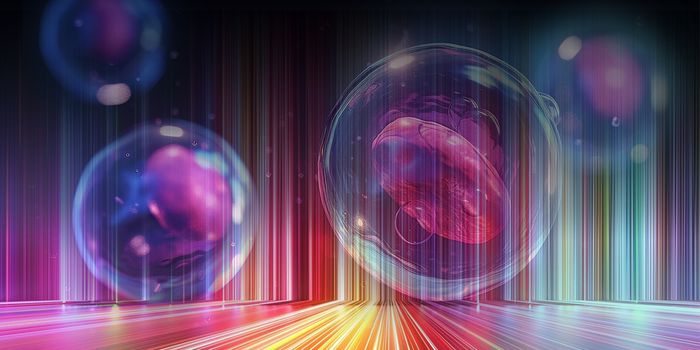1 in 5 Hospitalized COVID Patients Develop Self-Destructive Antibodies
One in five hospitalized COVID-19 patients go on to develop autoantibodies—immune molecules that mistakenly target the body’s own tissues, says a new study. These antibodies, which can go on to cause autoimmune disease, were detected as early as a few days following hospitalization. The study was published in Nature Communications.
Scientists from Stanford Medicine analyzed blood samples from nearly 150 patients who were admitted for COVID-19 in search of autoantibodies. In particular, the team was interested in antibodies that specifically latched onto cytokines.
The word “cytokine” originates from two Greek words: “cyto”, or cell, and “kinos”, meaning movement. These cell signaling molecules are part of the immune system’s sophisticated communication network, involved in coordinating responses to infections.
The researchers found that over 60 percent of all the COVID-19 patients studied had anti-cytokine antibodies, compared to just 15 percent of healthy controls. They hypothesize that because COVID-19 triggers a full-blown, often exaggerated inflammatory response, high circulating cytokine levels may spark the production of autoantibodies against them.
These anti-cytokine antibodies have the potential to make COVID symptoms much worse. If antibodies stop cytokines from functioning properly, virus-clearing immune mechanisms may become impaired, giving the virus the upper hand.
PJ Utz, study lead and professor of immunology at Stanford Medicine, says these findings further support why COVID-19 vaccinations are so critical. “It’s possible that, in the course of a poorly controlled SARS-CoV-2 infection—in which the virus hangs around for too long while an intensifying immune response continues to break viral particles into pieces—the immune system sees bits and pieces of the virus that it hadn’t previously seen,” Utz said.
“If any of these viral pieces too closely resemble one of our own proteins, this could trigger autoantibody production.”










